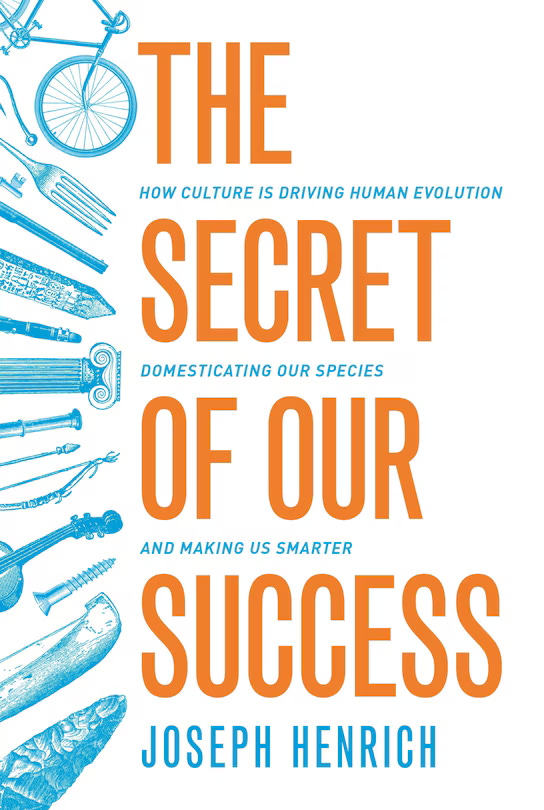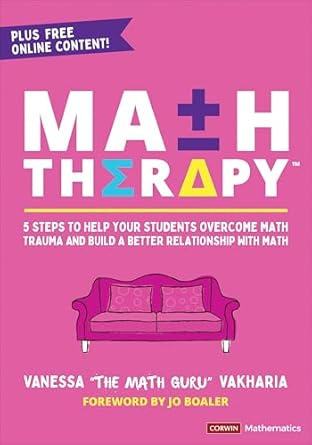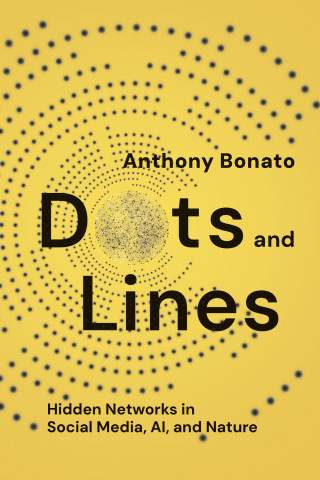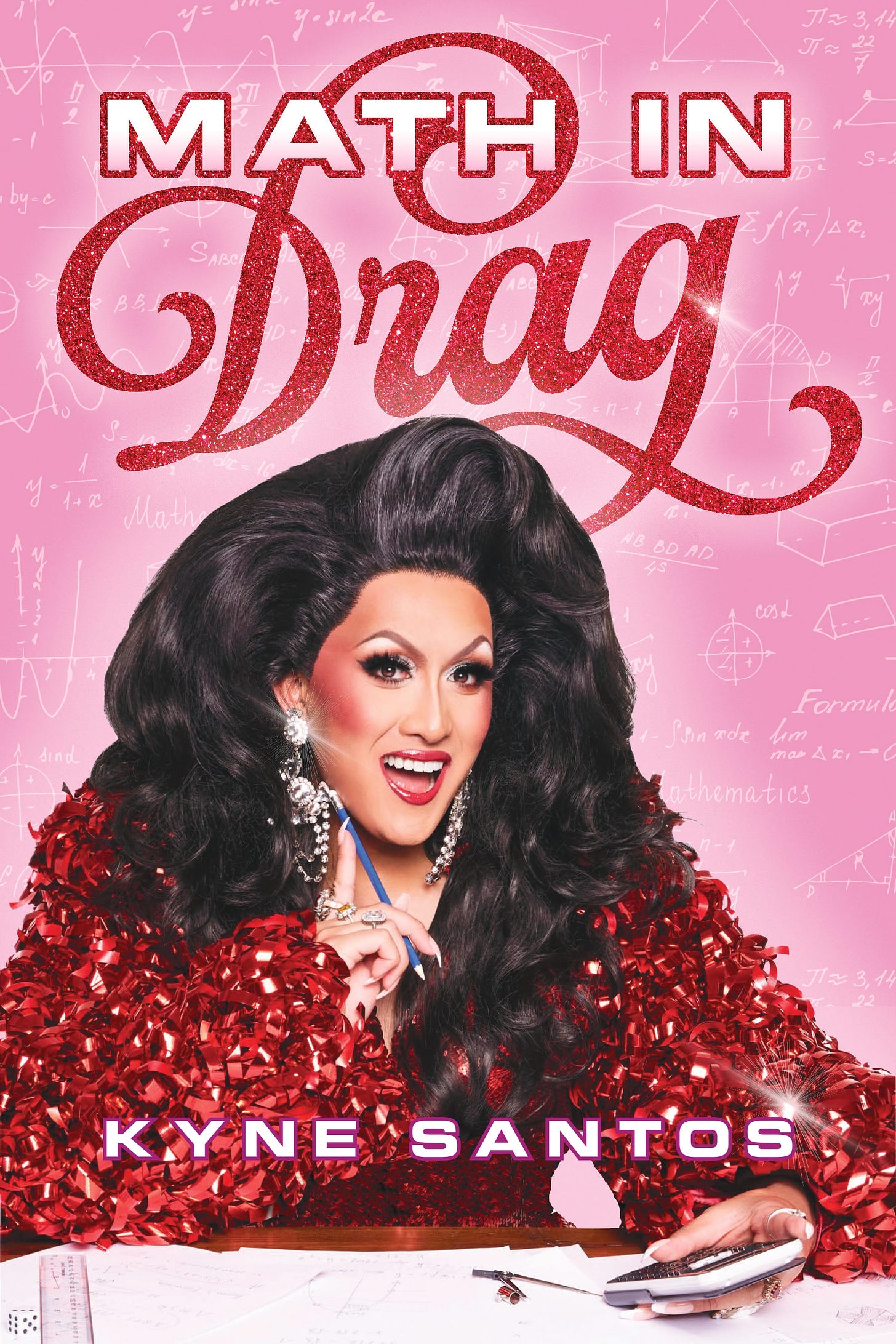Like everyone else, one of my New Year’s resolutions is to read more books in 2025. I read a lot of good ones last year, and I thought I’d compile a list so I can give you all my reviews and recommendations.
I read a lot of non-fiction, and rather than listing them in the chronological order I read them in, I’m grouping these into 3 categories: history, self-improvement, and math.
I read most of these books by listening to them on Audible. Actually, some of these books are lectures that are only available in audio version, but I’m counting them because they contain some of the most interesting things I’ve learned in the past year. My reading list wouldn’t be nearly as long if it weren’t for all the audiobooks I listened to in cars and on planes!
History
The Mosquito: A Human History of Our Deadliest Predator by Timothy C. Winegard - We sometimes think that the major turning points in human history were shaped by figures like Alexander the Great, Genghis Khan, Julius Caesar, or Christopher Columbus, but this book argues that it is the mighty mosquito that has decided the fate of empires. I interviewed the author in a podcast episode, if you’re interested!
The Secret of Our Success by Joseph Henrich - What makes humans so successful in dominating and terraforming the whole planet? According to this book, it’s not our big brains, but rather our collective brain. All our knowledge about fire, cooking, engineering, and science gets passed on through culture, which is kept alive by community traditions like cultural taboos, family values, honour, guilt, pride, envy, and prestige. Through cultural traditions (like washing your rice the way your mom taught you), we are unknowingly passing down generational knowledge about the science of rice without even needing to understand it!
History of the Ancient World by Gregory S. Aldrete (The Great Courses) - This isn’t technically a book but rather a series of lectures made by The Teaching Company. That said, I can’t recommend The Great Courses enough. This series is on the history of ancient civilizations, and is made of 48 episodes which are about 30 minutes long. 24 hours well spent.
The Story of Human Language by John McWhorter (The Great Courses) - A must listen if you like languages or linguistics. This series completely changed the way I think about languages.
Elements of Jazz: From Cakewalks to Fusion by Bill Messenger (The Great Courses) - I listened to this one as research for a math-drag-jazz show I did on my birthday last year. Not only did it give me an appreciation for jazz, but it made me think about how so much of modern music has its roots in African-American syncopated music.
Self Improvement
Atomic Habits by James Clear - Reading a book about self-improvement is a good way to feel like you’re becoming a better version of yourself, but whether it actually makes a difference depends on what you do afterwards. This book has some good ideas -- change your habits to change your life. Your habits are the things you do mindlessly without really negotiating with yourself, like reaching for your phone in the morning, changing your clothes when you get home, doing daily stretches -- each habit can be positive, negative, or neutral, and each one is a vote for the type of person you’d like to become.
Quiet by Susan Cain - In a world that often favours extroverts, this book shines a light on the power of introverts.
Remember It! by Nelson Dellis - The author of this book is one of those memory masters that can recite the order of a shuffled deck of cards or a hundred digits of pi. He writes that memory mastery is something that anyone can attain with the right practice. I used his technique to memorize 100 digits of pi!
Math
All The Math You Missed (But Need To Know For Graduate School) [Second Edition] by Thomas A. Garrity - I’ve been self-studying math some more this last year, and this has been an amazing resource. It’s written for people who already have somewhat of a math background and are looking to fill in gaps in their knowledge. It has great summaries of everything you would encounter in university math: linear algebra, calculus, topology, number theory, real and complex analysis, abstract algebra, algorithms, even category theory. It does a fantastic job at assembling a big-picture view of math, and how each subject fits in.
Euler’s Gem by David S. Richeson - A book about Euler’s polyhedron formula and its connection to the origins of topology.
CODE: The Hidden Language of Computer Hardware and Software by Charles Petzold - If you’ve ever wondered how computers work, this book is a great place to start. It opens with the motivating problem of two people communicating with flashlights, to illustrate how a series of on/off signals can convey information. As someone who knows nothing about circuits or hardware, I found it somewhat easy to follow along with the explanations.
Math Therapy by Vanessa Vakharia - I blurbed this book for my good friend Vanessa! This is aimed at math teachers who want to help their students build a better relationship with math. It starts with addressing all the common anxieties that people have about math, and offers new frameworks for thinking about and teaching the subject. Vanessa and I have chatted about this on my podcast, as well as on hers!
Dots and Lines: Hidden Networks in Social Media, AI, and Nature by Anthony Bonato - This book isn’t officially out until May 13, 2025, but I had the chance to read and blurb this one as well, and it was really magnificent. It’s all about network science, an application of graph theory. A network is a set of dots and lines (hence the title), which can represent people linked through a friend group, houses connected on an electrical grid, molecules connected by chemical bonds, bank accounts connected by transactions, actors connected by being in the same movie, or just about anything you can think of. This book looks at how theorems in graph theory can be applied to real-life networks. I find Anthony Bonato’s current work on social networks super interesting.
Math In Drag by Kyne Santos - I had to mention my own book because at the very least I’ve read this one so many times over the past year! For audio listeners, I also narrated the audiobook! This book is part math and part memoir -- I go through different fields of math (probability, calculus, algebra, statistics, etc.) while connecting each one to a story from my life as a drag queen.
What I’m Reading Next
In 2025 I want to read more fiction. For some reason I find them harder to read, maybe because you have to pay closer attention to details otherwise you miss important plot points, or maybe it’s because part of me thinks that non-fiction makes me “smarter” because it’s about real life instead of a fantasy world. But I watched a YouTube video that changed my opinion on this.
I’m currently reading Red Rising by Pierce Brown, a dystopian science fiction novel. You’ll have to wait until next year when I do another yearly book roundup to hear my thoughts on this one! Until then, please let me know if you have any book recommendations for me, fiction or non-fiction!









